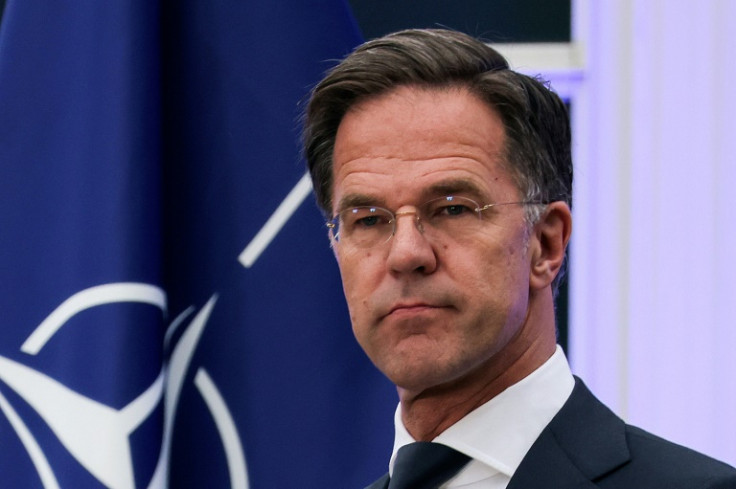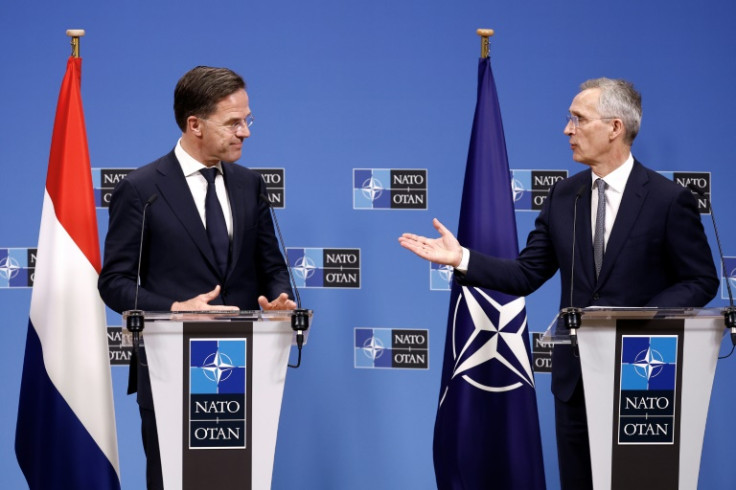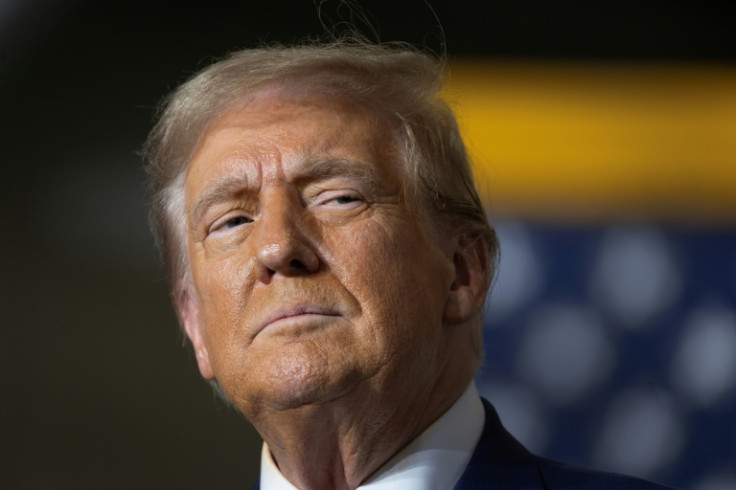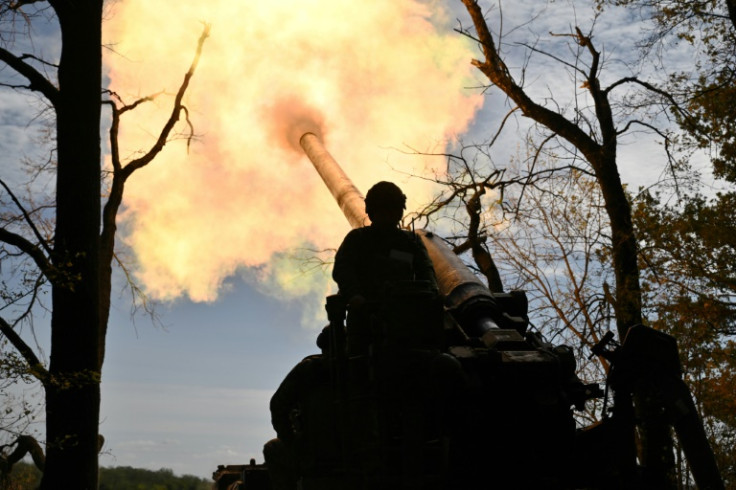Rutte Dismisses Trump Fears As He Takes Reins At NATO

NATO's new chief Mark Rutte on Tuesday downplayed fears over the impact of a potential Donald Trump victory in upcoming US elections and pledged to keep backing Ukraine, as he assumed leadership of the world's most powerful military alliance.
The former Dutch prime minister steps into the role at a pivotal moment, as Russia presses its war in Ukraine, China flexes its growing might -- and just weeks before voters in the United States head to the polls.
"I'm determined to prepare NATO for the challenges of the future," Rutte said as he formally took over as secretary general from Norway's Jen Stoltenberg at NATO's Brussels headquarters.
The outcome of the November 5 vote is set to be the straight-talking 57-year-old's first major test -- and will shape his initial four-year term at the helm.
On the campaign trail, US former president Trump has threatened not to protect NATO members who do not spend enough on defence and promised he can cut a quick deal with Russian President Vladimir Putin to end the war in Ukraine.
"I'm not worried. I know both candidates very well. I worked for four years with Donald Trump. He was the one pushing us to spend more, and he achieved," Rutte said.
"I will be able to work with both, whatever is the outcome of the elections."
In opting for the veteran Dutch statesman, a staunch US ally and stalwart backer of Ukraine, NATO's 32 nations have picked a leader expected to keep pushing support for Kyiv and efforts to bolster the alliance's own defences in the face of Russia.
"NATO will be in safe hands with you at the helm," said Stoltenberg, who has guided the alliance through one of its most tumultuous decades.
Rutte listed backing Kyiv as among his top priorities -- along with ensuring NATO keeps on spending more on defence, and bolstering ties with partners including the European Union and those in the Asia Pacific.
"There can be no lasting security in Europe without a strong, independent Ukraine," Rutte said, as he chaired his first meeting of alliance ambassadors.
He said he wanted "to step up our support for Ukraine and bring it ever closer to NATO."
"We must sustain this support into the future, because Ukraine's rightful place is in NATO," he added.
But Russian forces are advancing on the battlefield more than three-and-a-half years after the Kremlin's all-out invasion.
And there is uncertainty over future Western support for Ukraine and growing calls for a resolution to the conflict.
NATO, whose members have supplied 99 percent of all foreign weaponry to Ukraine, agreed at a summit in July to play a bigger role in delivering those arms and Rutte will be key in stewarding support.
Another central task for Rutte will be to keep pushing NATO's members to carry on increasing spending on their militaries to counter any potential menace from Moscow.
Spurred on by the war in Ukraine -- and pressure from Washington -- European countries have already ratcheted up defence spending.
This year, 23 countries are set to reach NATO's target of spending two percent of gross domestic product on their militaries.
But with the threat from Russia expected to last for years -- whatever the outcome in Ukraine -- there is a clear understanding that more will be needed.
"To do more, we must spend more. There is no cost free alternative if we are to rise to the challenges ahead and keep our one billion people safe," Rutte said.
That could prove a tough sell for Rutte -- who only saw the Netherlands reach the two-percent goal in his fourteenth, and final year, in office.
Even if he wanted to change NATO's direction, Rutte would likely struggle to shake up an alliance based on careful consensus between its members.
Stoltenberg, whose mandate was extended three times, trod a careful balancing act as NATO emerged reenergized in the face of Russia's aggression.
And the former Norwegian premier has told his successor that the greatest challenge he faces is keeping all of NATO's sometimes truculent leaders on the same page.
"One thing will not change, and that is NATO's core mission, and that is to make sure that we defend our people, our nations, and, of course, our values," Rutte said.



© Copyright AFP 2025. All rights reserved.





















